Sometimes, Success or Failure is Out of Our Control
Waterfowlers prepare fanatically for the season and individual hunts.
We repaint decoys, check lines and repair blinds. We make sure our boat batteries are charged and trouble-shoot motor problems. We shoot frequently to hone our eyes. And we scout like fiends, noting bird numbers, location and movements. Before the first shots are fired, we're ready for anything.
But then chance intervenes, and unseen factors we cannot control might ruin a hunt. Often, there's little we can do other than roll with it. Still, it helps to be aware of these tricky factors and anticipate how they might affect our outings. Let's look at some potential chance hunt-busters.
Click here for more Realtree waterfowl hunting content. And check us out on Facebook.
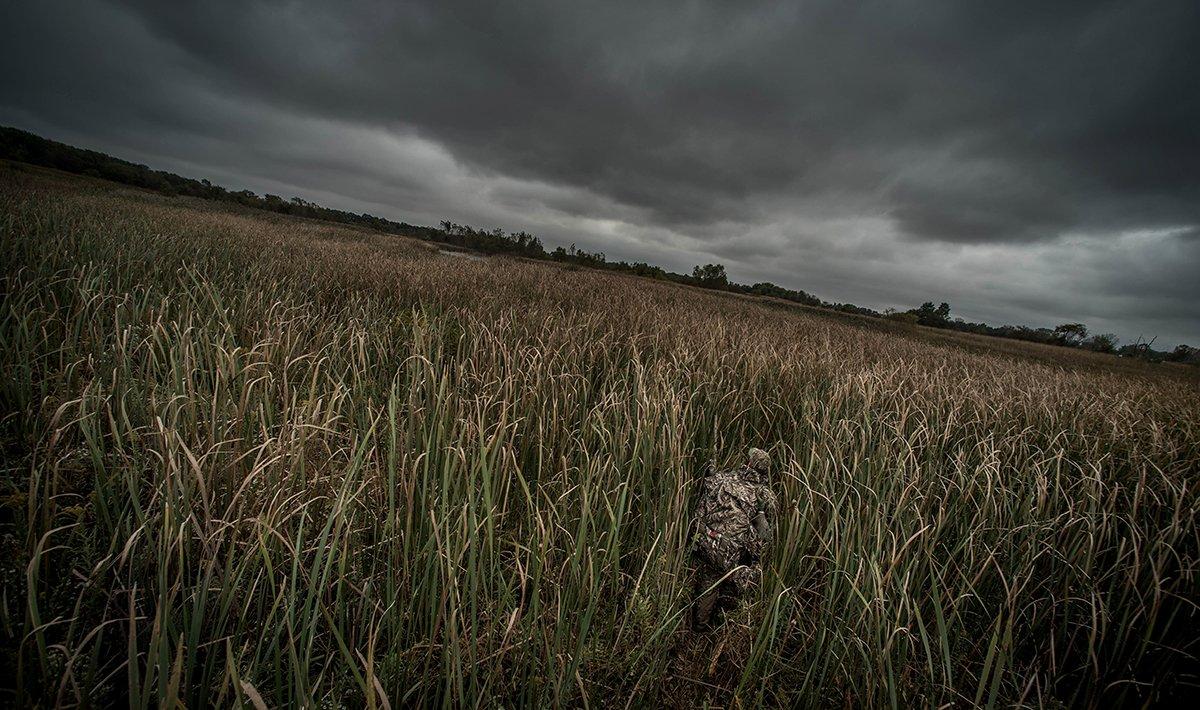
Duck and goose hunters have become skilled amateur meteorologists, anticipating what will occur with wind, waves, temperature and birds as fronts hit. But not even professional weathermen get it right all the time. Often, Mother Nature throws weather curves that can spoil a hunt and become dangerous.
Bottom line: Be observant, and note approaching storms, increasing wind or steep temperature declines. Further, monitor radar and weather conditions on your mobile device during a hunt to make sure you're not caught by surprise. Motoring off the water ahead of a flash thunderstorm might be inconvenient, but it's far better than being caught unaware in potentially deadly conditions.
Photo © Bill Konway
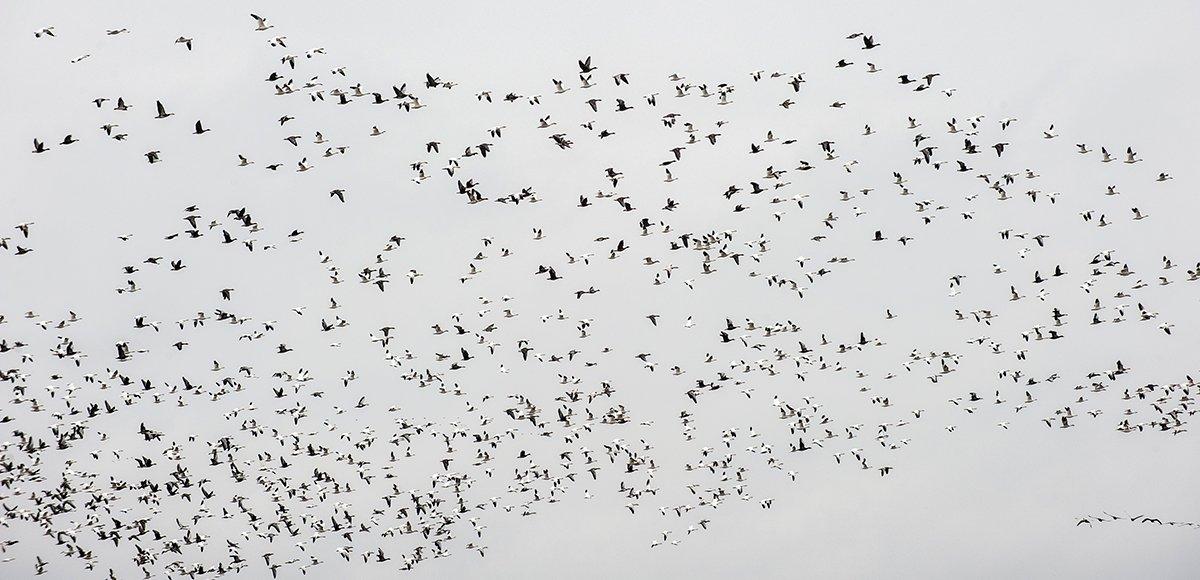
This just in: Ducks and geese migrate. Further, they don't always read the playbook when they move. Sometimes, even during unlikely conditions, they get the urge and head south (or north).
There's not much you can do when this occurs. Stay observant, and note sudden changes in bird numbers and activity. If your ducks or geese have flown the coop, intensify your scouting efforts to find other pockets of birds.
On the flip side, unexpected migrations can also boost your success. Sometimes, you experience surprise success when an influx of birds hits your area. Again, it's nothing but chance ‚ but it's far more enjoyable than staring at an empty marsh.
Photo © Bill Konway
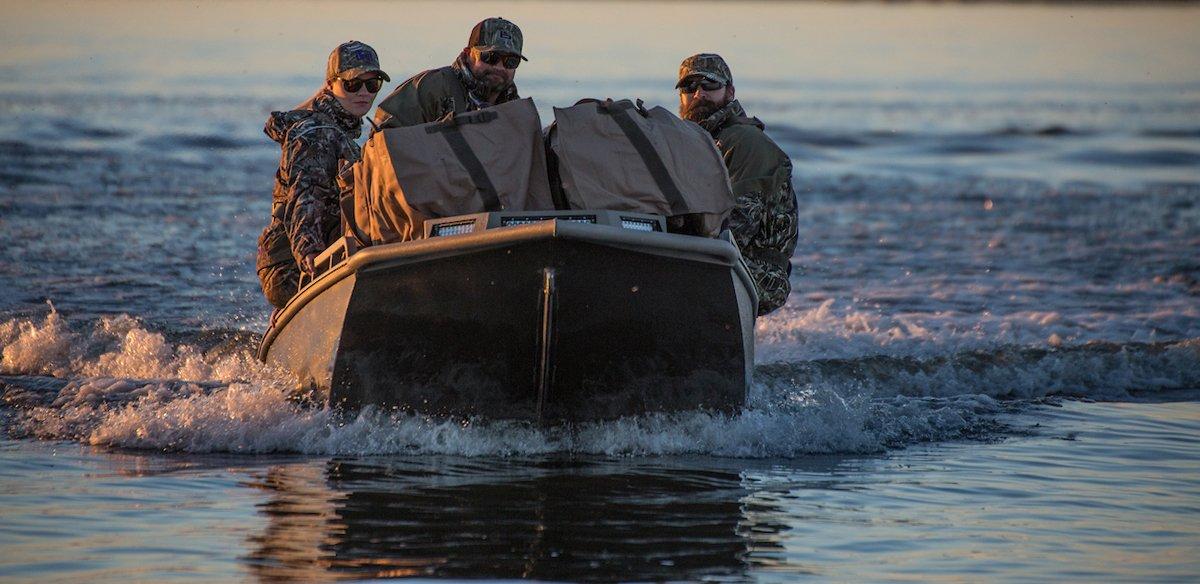
Despite our best maintenance efforts, gear sometimes lets us down. Motors quit, boats leak, motion decoys die and shotguns seemingly fall apart.
Adapt and overcome. Equip your boat with a backup propulsion system, such as a trolling motor or kicker outboard. Keep spare batteries (boat and motion decoy) handy. Carry a small gun-repair kit that can help fix in-the-field problems. Basically, expect and prepare for the worst.
Photo © Tom Rassuchine/Banded
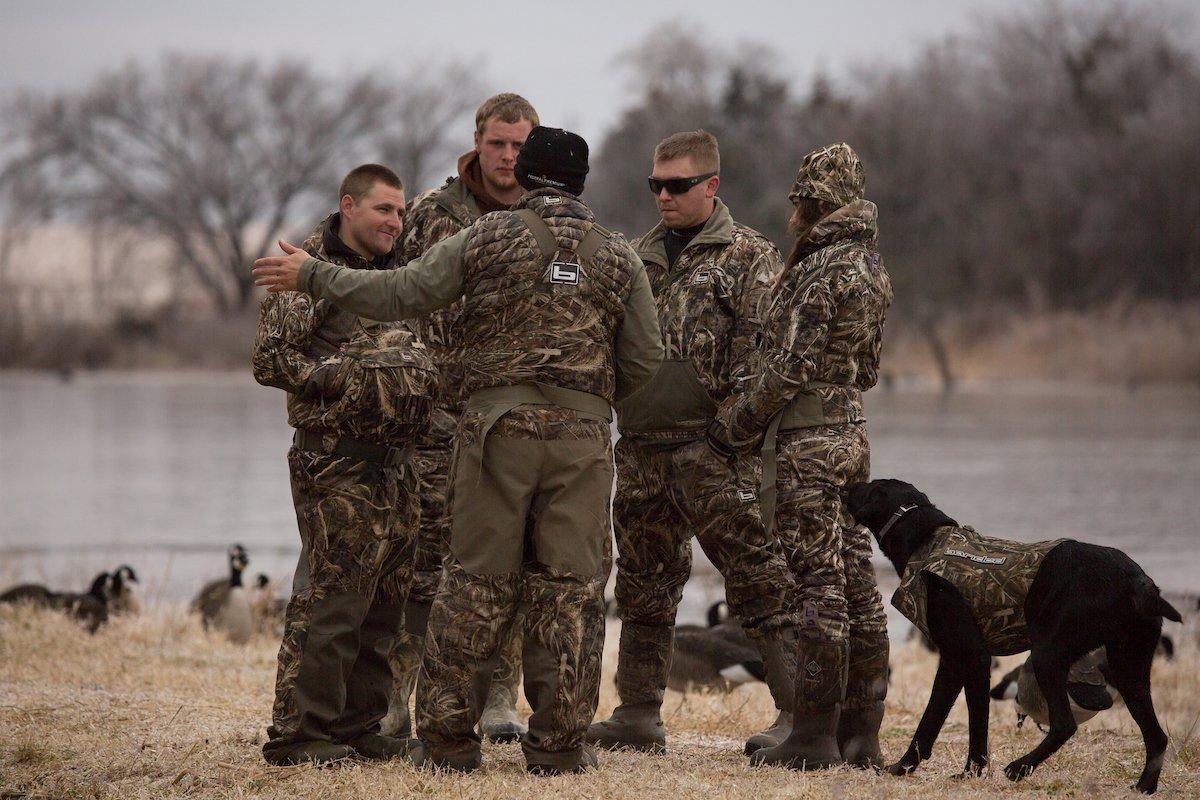
Nothing is more frustrating than finding a great spot, arriving well before light, setting out a smart spread and then watching in disbelief as someone sets up 75 yards downwind at dawn. You did everything right, yet you're probably in for a tough day.
Don't just grin and bear it. Talk to the hunter who's crowding you, explain the error of his ways and see if he'll find a better setup. If not ‚ and on public land or water, he doesn't have to ‚ make the best of it, but remember the incident when considering future hunts at that spot. Of course, the best way to avoid interference is to eschew other hunters at all opportunities. Scout harder, walk farther and burn some boat-motor gas to find isolated areas no one else will hunt. That anti-social mentality will boost your duck strap and lower your blood pressure.
Photo © Tom Rassuchine/Banded
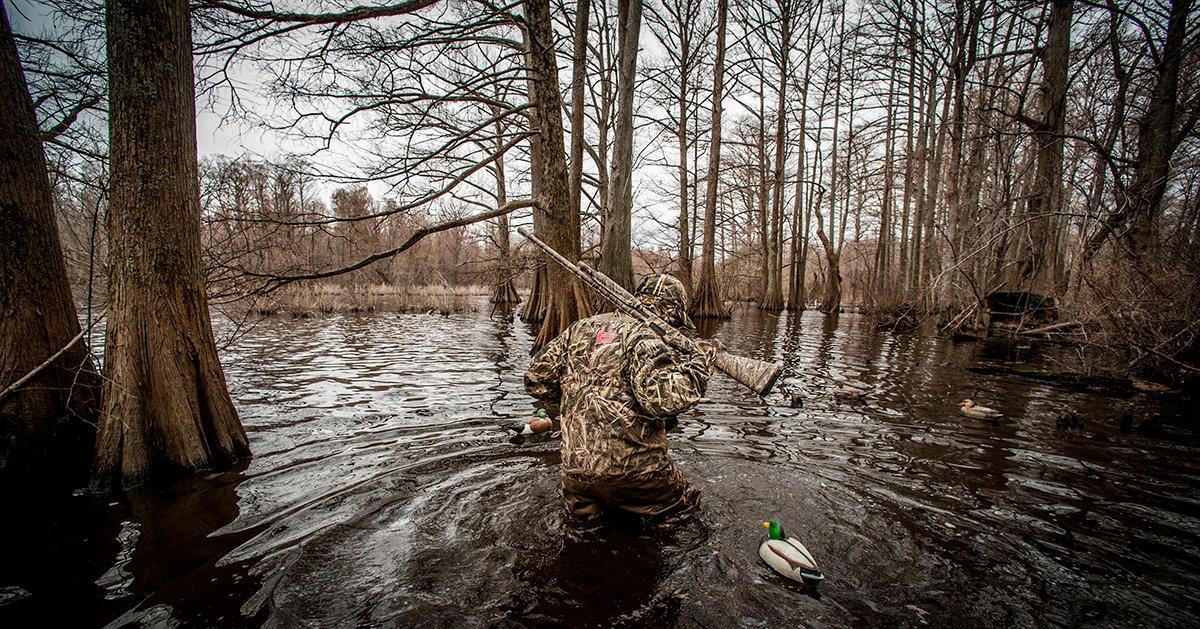
Sometimes, it just ain't your day. You can do everything correctly and be absolutely prepared yet still suffer through a slow hunt. Maybe the birds just didn't fly well. Perhaps they found another hot feed or loafing area the previous evening. It might just be random chance.
Solution? Laugh it off. Continue using best practices, and remain confident that luck will swing your way. By scouting hard and hunting intelligently, you'll do well through the long haul. Then, a day of tough luck will just seem like a speed bump at the season's end.
Photo © Bill Konway






